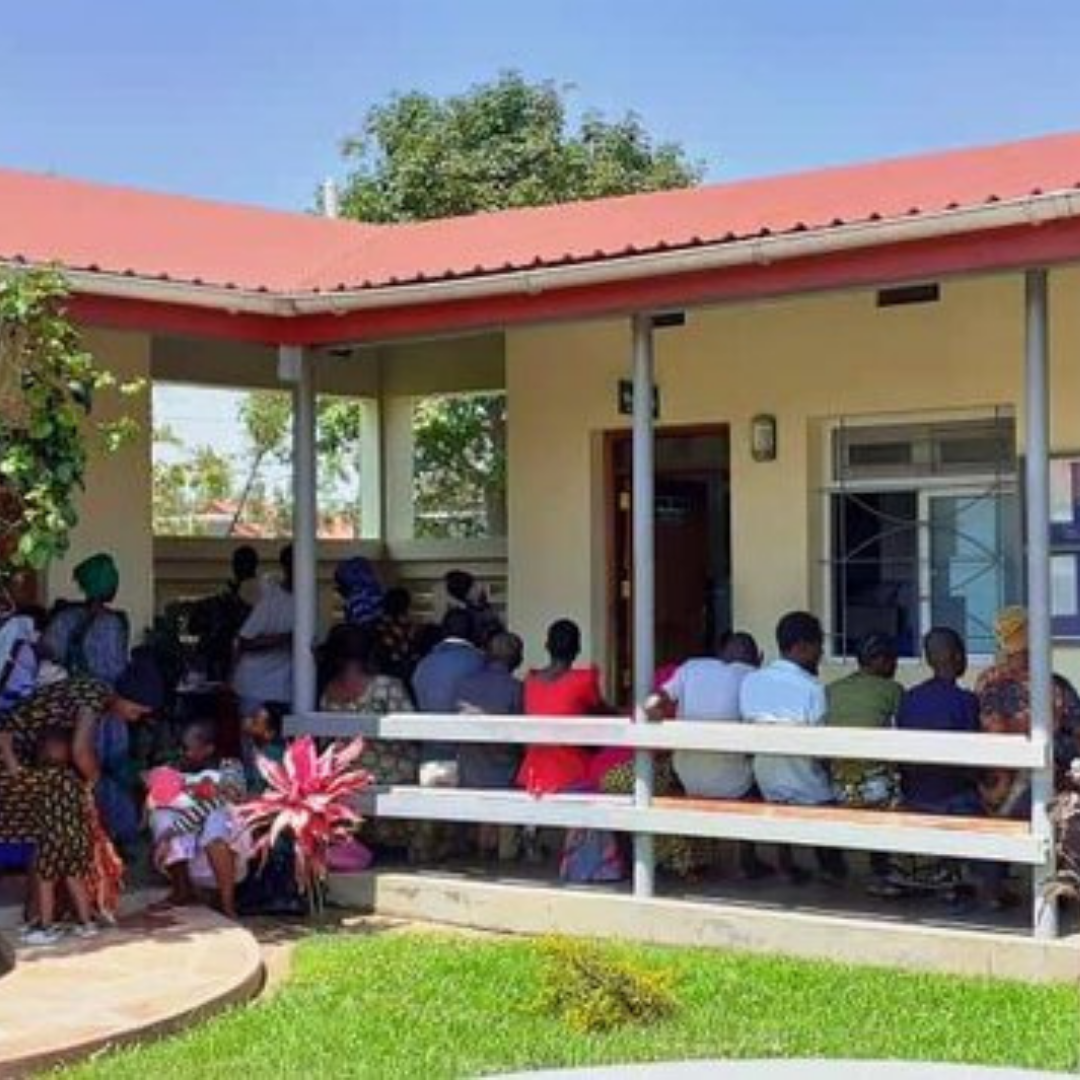Poverty alleviation, better nutrition, job creation, equality, health, climate change, sustainability, and long-term funding of al our projects!
It can’t get much better than that, can it?
Please listen to Tzippora explain here:
How does it work?
We are currently teaching the skills of mushroom farming in the rural communities in which we work. Collecting 2 tonnes of harvest waste from the surrounding fields that would otherwise have been burnt. This creates the basis of our substrate in which the mushrooms will grow.
Our mushrooms grows in buckets in which we have drilled holes in sides. We are using a couple of rooms in our newly refurbished community centre to house the mushroom farm.
Once the mushroom are ready, our participants will learn the right technique to harvest the mushrooms.
Fresh mushrooms have a relatively short shelf life and needs to be sold quickly. To help with this potential issue, we are adding a drying process at the end. Custom built driers not using electricity but only the heat from the sun has been developed and will enable us to make a product ready for local distribution and export.
How can mushrooms help fund other projects?
Once we start selling our crop the income will be used to sustain the mushroom farm and any surplus will support any of our other projects like Kamanga Health Centre and our Outreach Team.
How does the participants benefit?
Each participant learns a skill. Mushroom farming is very new in Tanzania and as such we are pioneers in this area.
The participants can use this skill to set up a small scale farm at home for own consumption, or they can set up a collaborative farm producing mushrooms in larger scale.
Any surplus of produce can be sold to us where we dry the mushrooms and package them to international standards and export the end product.
How can YOU help?
Even though we have provided the training for our participants free of charge, and we will provide continuous support to those who chose to continue to grow mushrooms, there is a small initial cost for the participant to get things needed to starting growing.
You can help by sponsoring one of our conveniently packaged bundles that will enable our participants to start growing mushrooms right away.
“Home Growing Kit” consists of everything needed for a participant to take home to start growing for own use, or maybe sell any little extra at the local market. A kit costs AUD $15 (USD $10).
“Farm Bundle” consist of everything needed for a 30 bucket farm. This is a small scale collaborative farm that can produce for own consumption, the local market or for drying and export. A farm bundle has the value of AUD $110 (USD $77).






